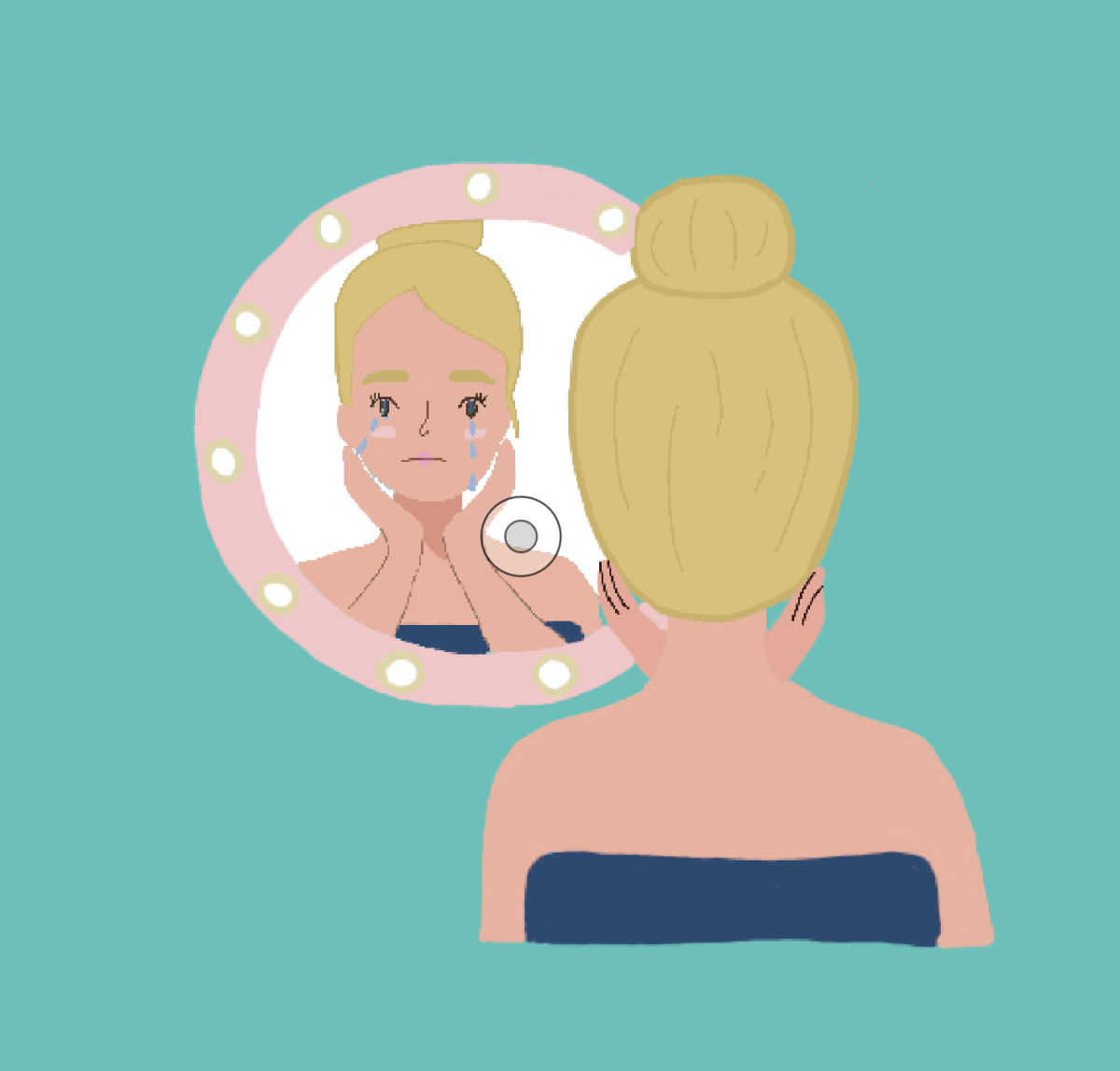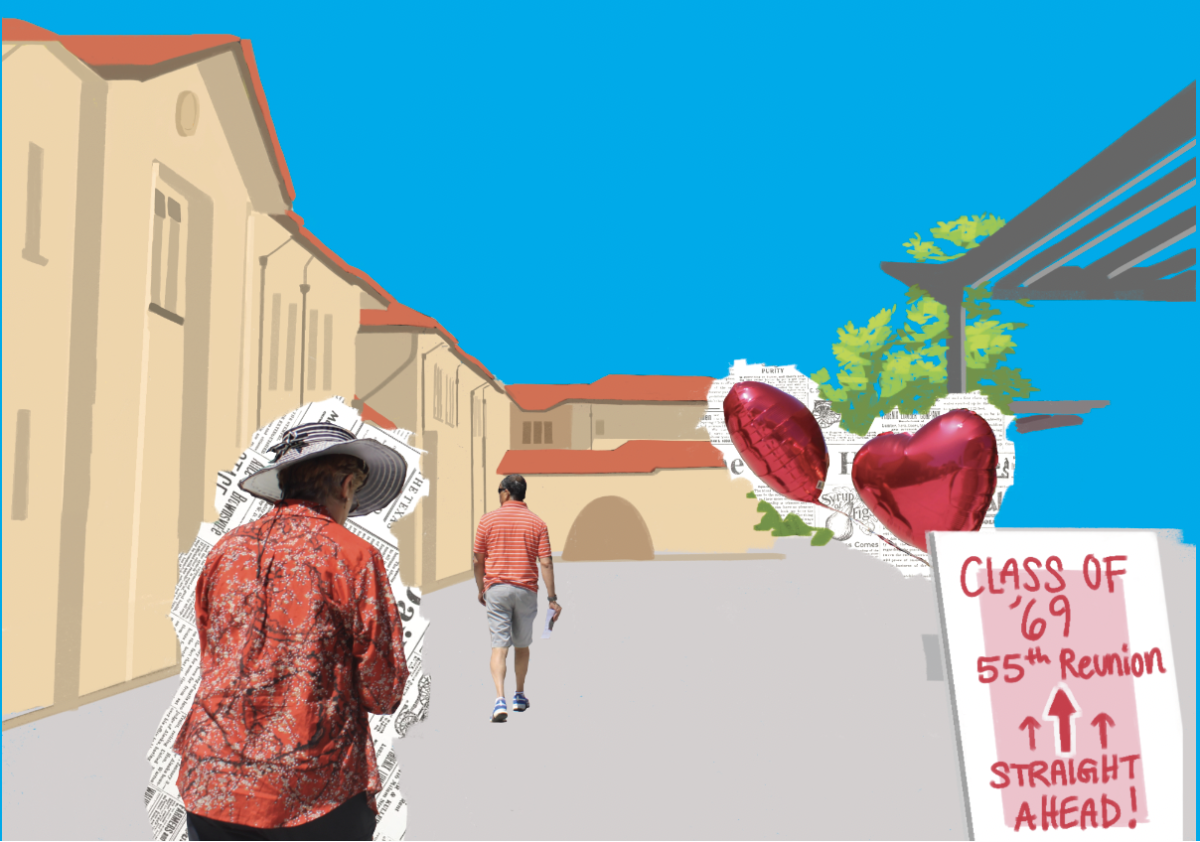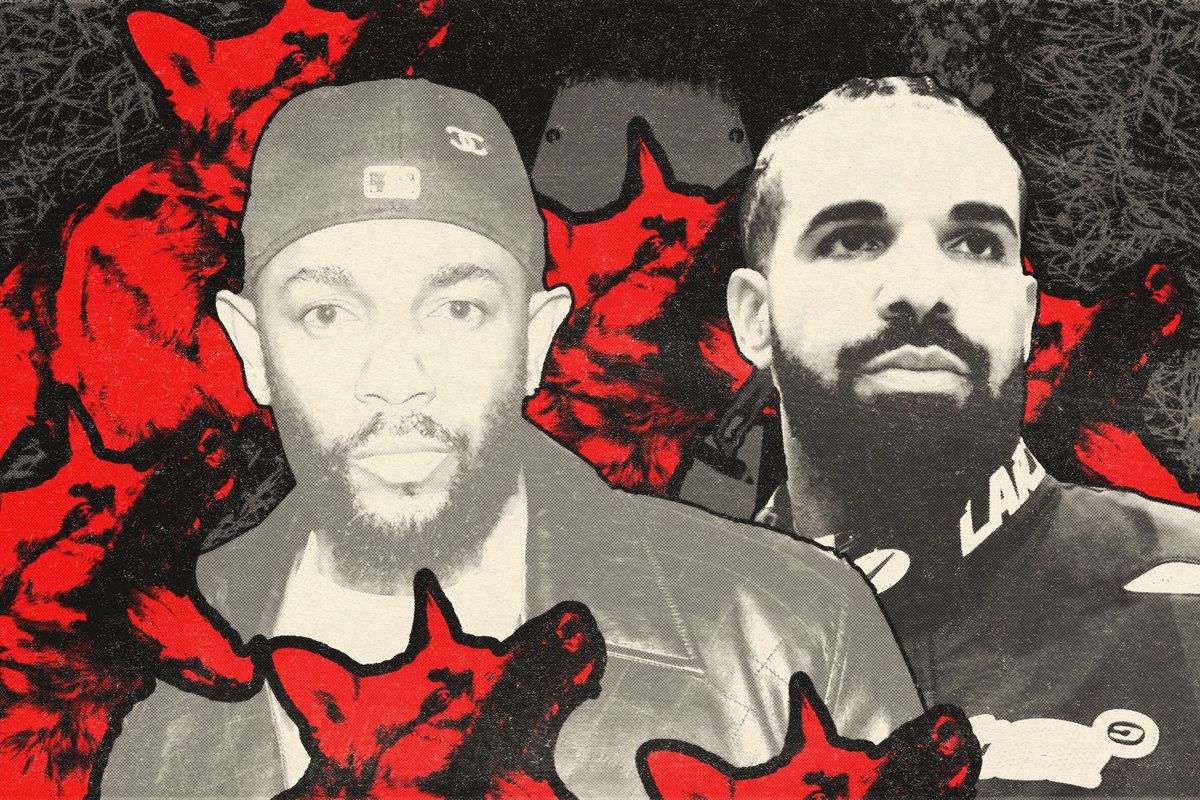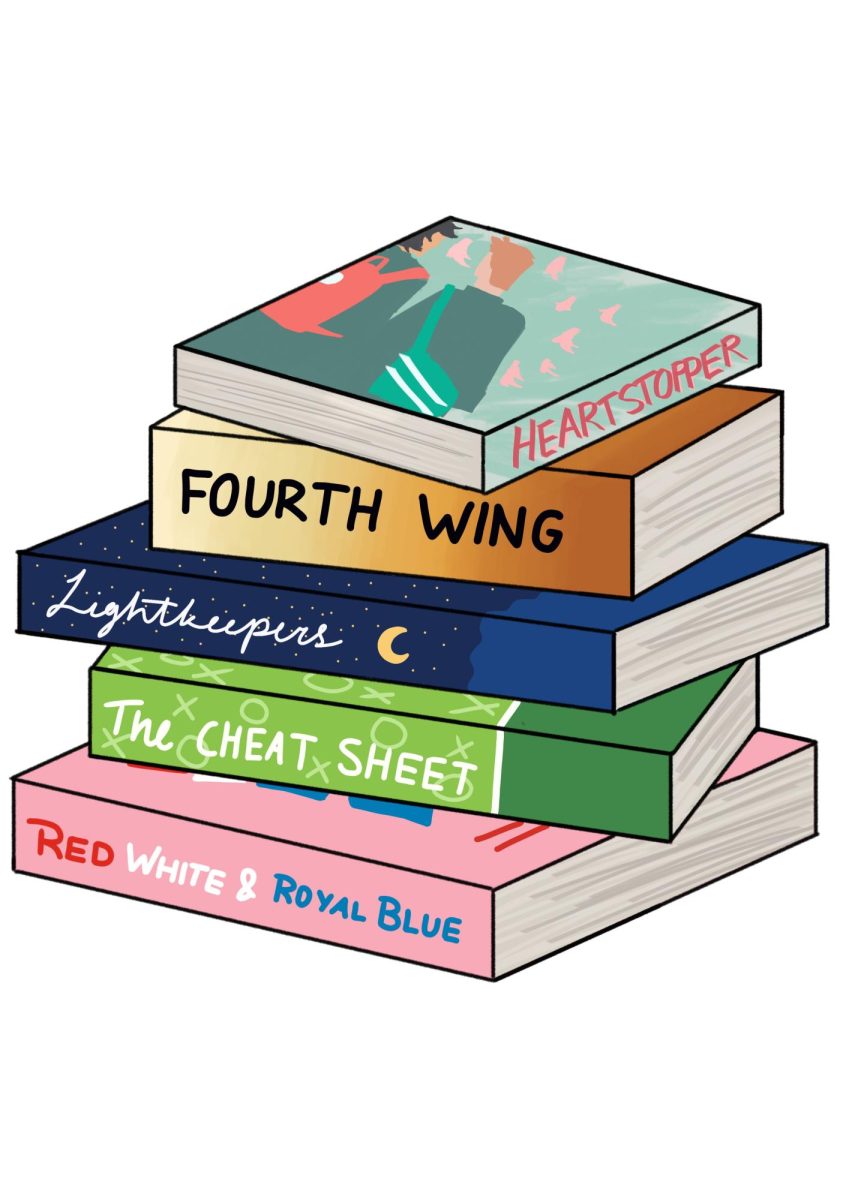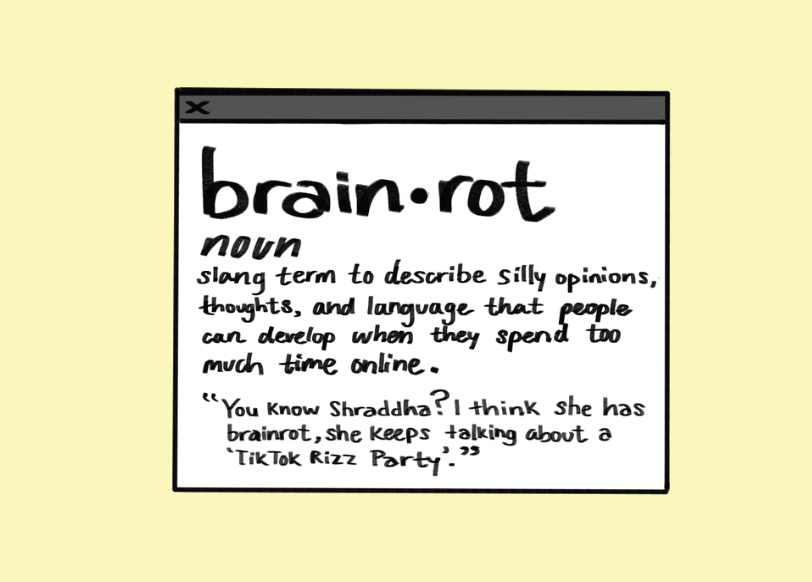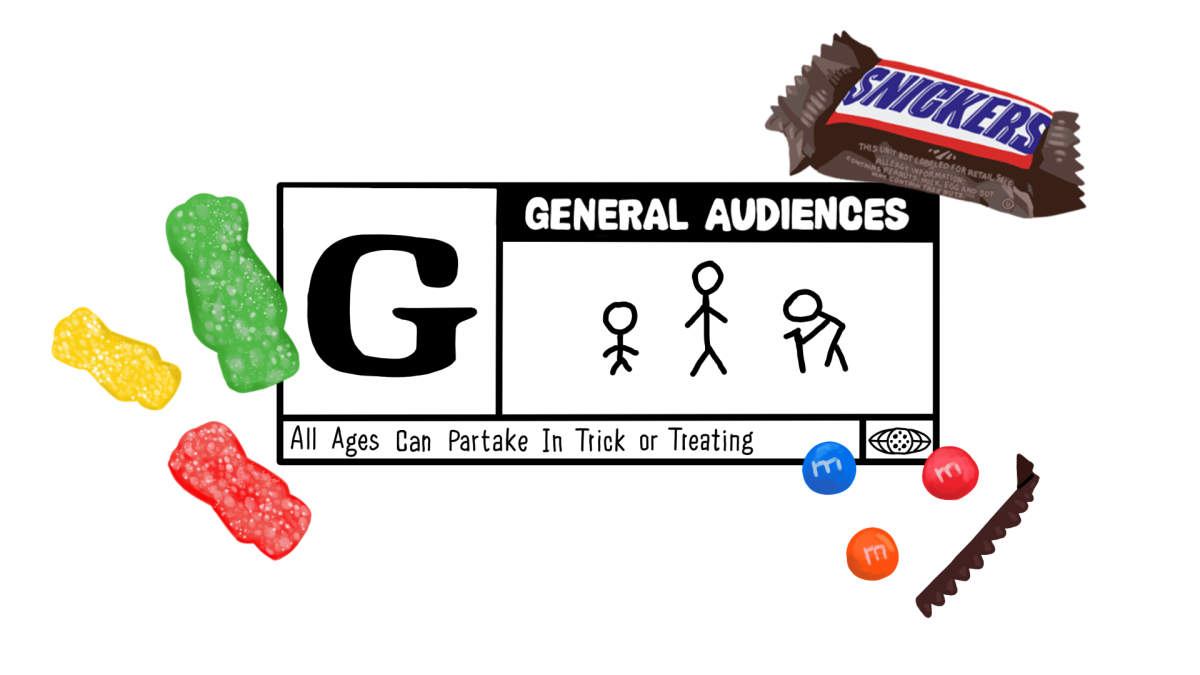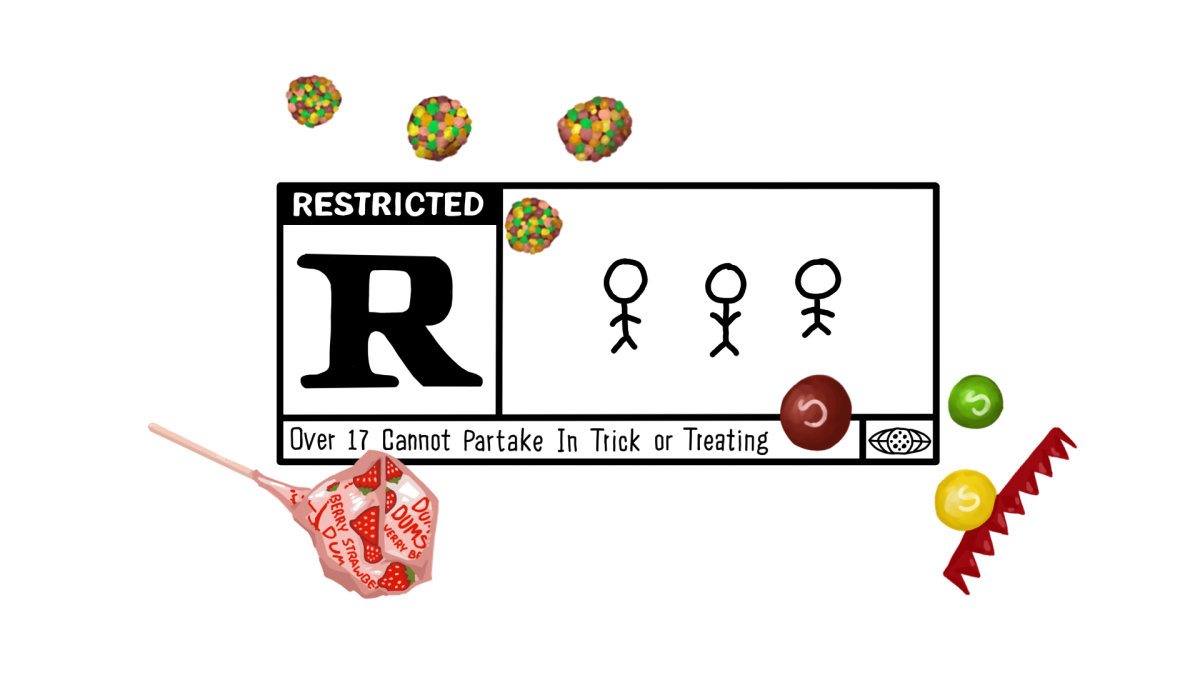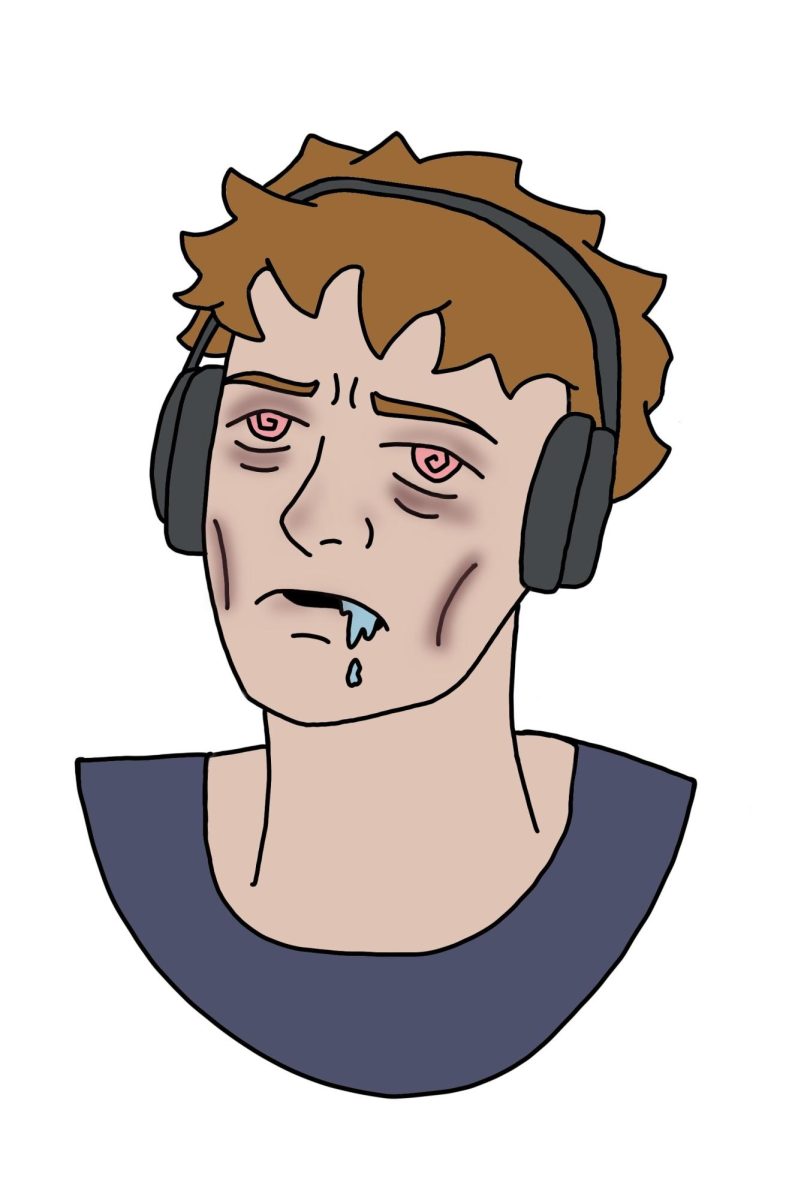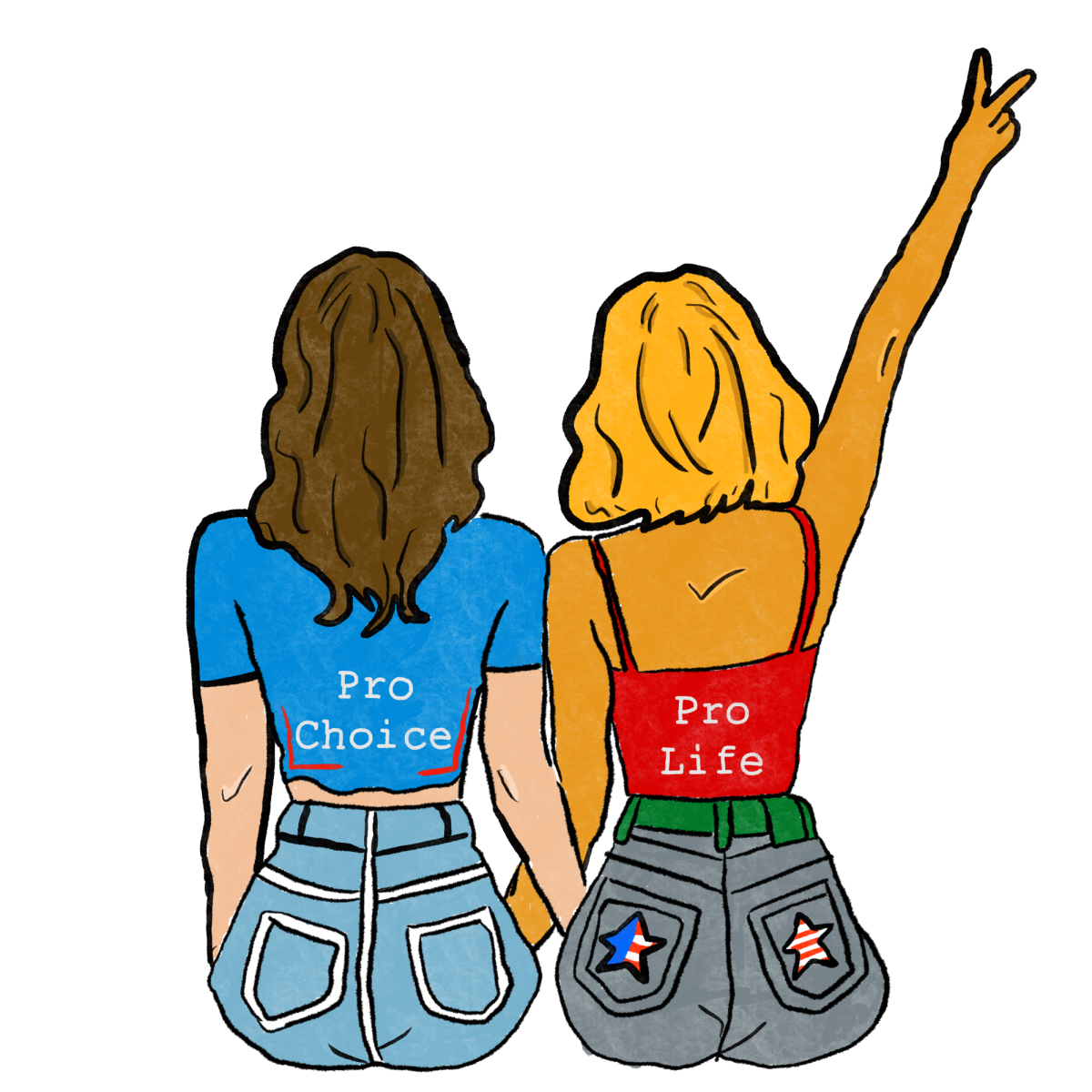In the vast expanse of social media platforms, a troubling phenomenon is quickly gaining traction: the romanticization of mental health struggles. Battles that should be fought with the help of medical professionals are now adorned with filters, hashtags and curated captions, transforming anguish into an aesthetic. While social media has undoubtedly revolutionized connectivity and self-expression, its unintended consequence has been the normalization and even glorification of mental health issues.
For instance, the idea of “rotting” in bed has become somewhat of a trend on social media, with people posting videos talking about how they have spent their entire day laying in bed, often claiming it is the fault of their depression. While that very well may be true, it has begun to be a stylized spectacle rather than reality, just to garner likes and followers. It creates an idealized image of what mental illness is “supposed” to look like, leading some to develop a feeling of inadequacy and isolation when their experiences do not align with this narrative. Rotting in bed being defined as both a self-care method and a consequence of depression is downplaying the raw reality of mental illness, which is not pretty or aesthetic or comical like many have made it out to be.
Another example of romanticization of mental health is people creating aesthetic accounts on apps like TikTok and X that center around eating disorders – most notably, anorexia. While there is no issue with creating an account spreading awareness about this, it is vastly different than creating a page centered around aiding other people in getting worse, or sharing tips on how to be more “productive” in this unhealthy weight loss. Eating disorders affect millions globally, and by creating entire sections and hashtags on X or TikTok that are meant to “motivate” each other, they are only exacerbating the epidemic of purposeful malnourishment. It has also caused some to strive to get worse, or feel as though they need to compete with others to exercise more or eat less. This deadly competitiveness leads many to believe they are not sick enough to need help, resulting in them suffering silently.
While many say all these forms of posting are for awareness, it seems that they have begun to teeter on the line of normalization. It seems as though the implications of this phenomenon extend beyond the digital realm, though many people do not consider this fact. As social media continues to shape societal perceptions, romanticization of mental health seeps into our collective consciousness, influencing how we perceive and interact with mental illness in the real world. It is perpetuating a culture where seeking genuine professional help is viewed as a weakness and suffering in silence is valorized. We must reclaim the authenticity of the mental health discourse and begin honest conversations that prioritize empathy over aesthetics, vulnerability over validation. There is a difference between awareness and glorification, and it is imperative that we as a society do not blur those lines altogether.


